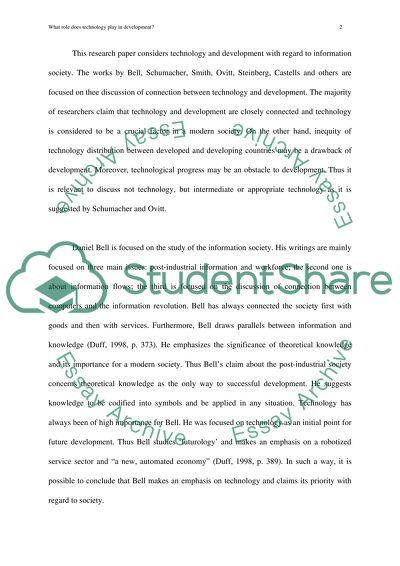Cite this document
(What Role Does Technology Play in General Development Literature review, n.d.)
What Role Does Technology Play in General Development Literature review. Retrieved from https://studentshare.org/technology/1571225-what-role-does-technology-play-in-development
What Role Does Technology Play in General Development Literature review. Retrieved from https://studentshare.org/technology/1571225-what-role-does-technology-play-in-development
(What Role Does Technology Play in General Development Literature Review)
What Role Does Technology Play in General Development Literature Review. https://studentshare.org/technology/1571225-what-role-does-technology-play-in-development.
What Role Does Technology Play in General Development Literature Review. https://studentshare.org/technology/1571225-what-role-does-technology-play-in-development.
“What Role Does Technology Play in General Development Literature Review”. https://studentshare.org/technology/1571225-what-role-does-technology-play-in-development.


